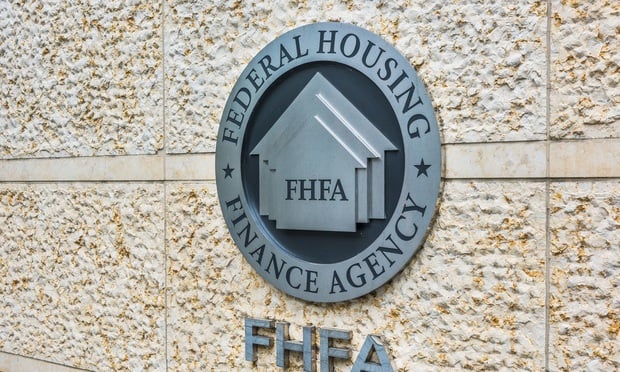 Michael Kook, retail specialist at Marcus & Millichap
Michael Kook, retail specialist at Marcus & Millichap
NEW YORK CITY—Michael Kook, a retail specialist at the brokerage and advisory services firm Marcus & Millichap, has noticed his clients are “looking to put their proceeds into internet-resistant companies.” At the end of this year and projecting into 2019, he is seeing investors selling their New York-based property, then using a 1031 exchange to purchase triple net, management-free assets across the country.
Kook says his buyers, New York clients with New York assets, as well as funds and enterprises, are investing in these four types of net lease properties (with retail shops listed as examples):
(1) Gas and convenience concepts (Wawa and 7-Eleven)
(2) Casual dining and fast food (Red Lobster, Outback Steakhouse, Panera Bread)
(3) Dollar stores (Family Dollar, Dollar Tree)
(4) Medical facilities (DaVita dialysis centers, Fresnius Kidney Care)
Total retail sales in the US are approximately $5 trillion. Although internet retail accounted for only 9.7% of sales in the second quarter of 2018, shopping online continues to grow. Internet Retailer Research reports 60% of consumers plan to spend more than half of their holiday shopping online.
Kook says his clients are looking for investments in asset classes which will remain relatively unaffected by internet sales. “They are buying these types of properties with good tenants in long-term leases in good locations across the country. I closed just this year properties in FL, TX, NJ, MA, IL and VA. We can go on and on,” he comments.
His New York clients selling property located in the state would face heavy tax consequences, especially with the federal tax reform that went into effect in December 2017. Thus, people are using the section 1031, like-kind exchanges, to defer federal taxes on capital gains.
In these kinds of deals, Kook advises people to consult a professional as early as possible noting that section 1031 transactions can be complex. “You want to have as much information as possible before going into it.”
Triple net property investments appeal to people who, for example, owned a multifamily building but no longer want to manage property and want to do other things, says Kook. With triple net leases, in addition to rent and utilities, the tenant pays for real estate taxes, property insurance and maintenance. Many of his customers are buying property outside the state because it's hard to find triple net property in New York.
On Wednesday, the Federal Reserve announced it will raise short-term interest rates and plans to increase them two more times in 2019. As a final caution, Kook says with interest rates rising, with NNN lease investments to keep an eye on cap rates.
Want to continue reading?
Become a Free ALM Digital Reader.
Once you are an ALM Digital Member, you’ll receive:
- Breaking commercial real estate news and analysis, on-site and via our newsletters and custom alerts
- Educational webcasts, white papers, and ebooks from industry thought leaders
- Critical coverage of the property casualty insurance and financial advisory markets on our other ALM sites, PropertyCasualty360 and ThinkAdvisor
Already have an account? Sign In Now
*May exclude premium content© 2025 ALM Global, LLC, All Rights Reserved. Request academic re-use from www.copyright.com. All other uses, submit a request to [email protected]. For more information visit Asset & Logo Licensing.








